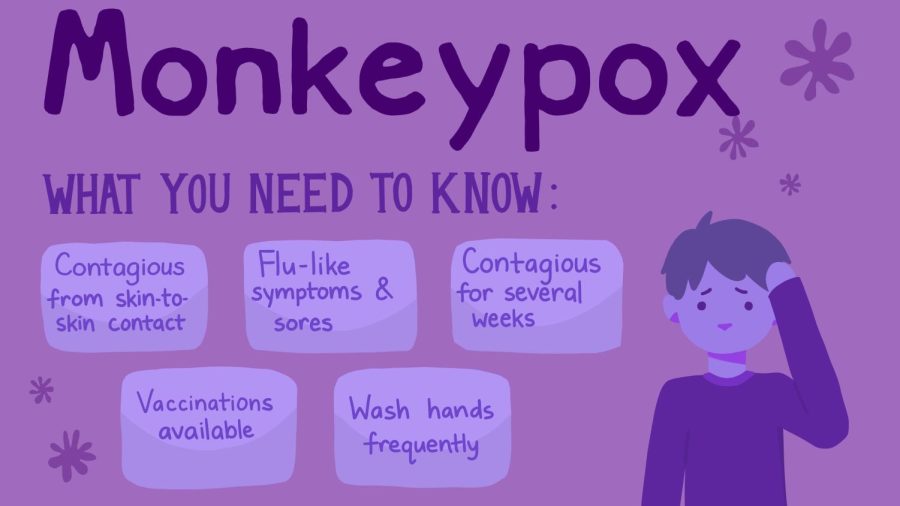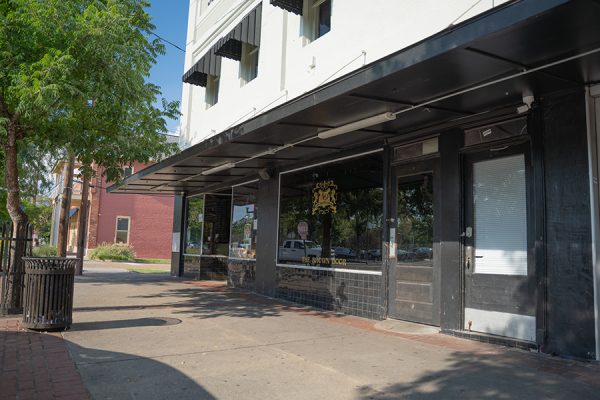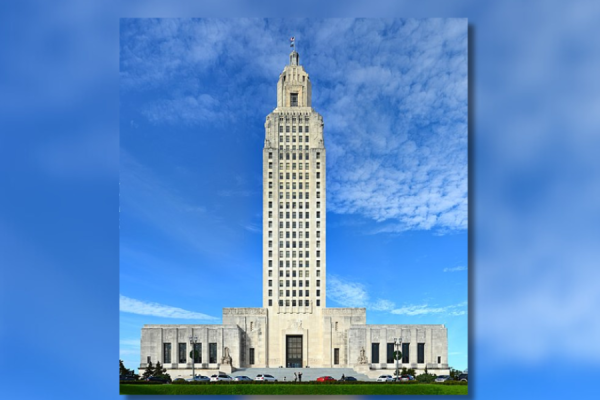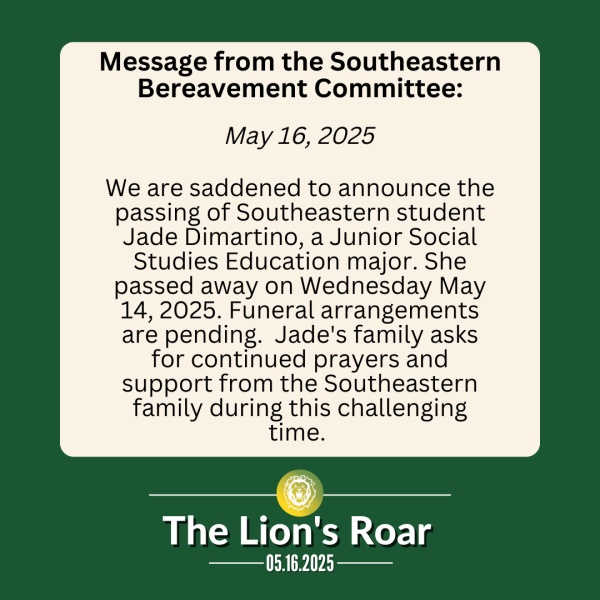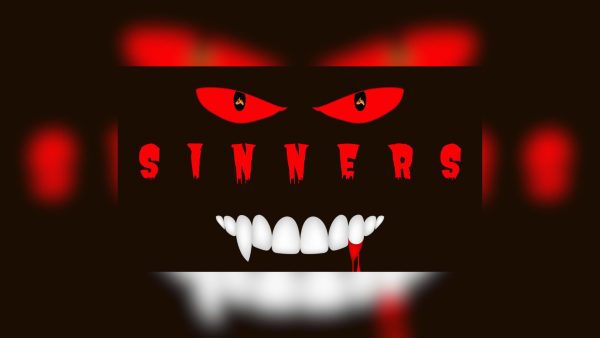Texas confirms first monkeypox death: What to know about the virus
As of today, Texas confirmed the first death of a person diagnosed with monkeypox.
The first human case of monkeypox was recorded in 1970 and has made a comeback this year. Monkeypox is an infectious disease caused by the monkeypox virus and is related to smallpox.
Many confirmed cases in this new outbreak had a travel history with individuals who went to Europe and North America. According to the World Health Organization (WHO), cases of monkeypox have been reported in countries where the disease is not endemic and continue to be reported in several endemic countries since the beginning of May 2022.
Endemic, in this case, refers to monkeypox primarily being in a particular region and non-endemic means it was not in that particular area until the outbreak. Europe and North America are not endemic meanwhile West or Central Africa are endemic.
This is the first time that many monkeypox cases and clusters have been reported at the same time in non-endemic and endemic countries in widely different geographical areas.
Monkeypox was deemed a public health emergency by the Biden Administration on Aug. 4, which implies monkeypox poses a global public health risk through international spread; therefore, it requires a coordinated international response.
As of today, there are 176 confirmed cases in Louisiana, 18,101 total cases in the U.S. and 48,844 globally. To prevent these numbers from rising, awareness is key. Stay safe by avoiding skin-to-skin contact with an infected person or contaminated materials, washing your hands regularly and/or getting the vaccine.
JYNNEOS is the name of the FDA-approved monkeypox vaccine, which is available at no cost to individuals. It is administered in two doses, 28 days apart. Full protection from the disease begins two weeks after the second shot. There is a limited supply of the vaccine, so the top priority remains with those who have known exposures to infected patients. Another eligible group includes individuals with likely high-risk exposures in the last 14 days.
Although monkeypox is on the rise, cases tend to be mild and rarely fatal. Symptoms include fever, swollen lymph nodes, back pain, muscle ache, lack of energy and an extensive rash or lesion. The incubation period of monkeypox can range from five to 21 days. Monkeypox is contagious until the rash is completely healed with a new layer of skin.
It is commonly believed that monkeypox is an STI, but this is not true.
Although over 95% of cases in Europe, Canada and the U.S. are in LGBTQ+ individuals, specifically in the community of men having sex with men, monkeypox is “not a sexually transmitted disease in the classic sense,” meaning it’s not spread through semen or via sex. It is behaving similarly to STIs in that it is spread through close physical contact.
Direct physical contact in which monkeypox can spread includes:
- Oral, anal and vaginal sex.
- Touching the genitals (penis, testicles, labia, and vagina) or anus of a person with monkeypox.
- Hugging, massaging and kissing.
- Prolonged face-to-face contact.
- Touching fabrics and objects during sex that were used by a person with monkeypox and that have not been disinfected.
Visit or make an appointment with the University Health Center if you have any monkeypox symptoms or want to get tested as a precaution.
The monkeypox vaccine will be available at the Tangipahoa Parish Health Unit in Hammond on Aug. 30 from 4:30-8 p.m. COVID-19 vaccines will also be available at this event, which is being hosted by LDH & Pafford EMS.For more information on monkeypox, please visit the CDC’s outbreak cases and data.
Your donation will support The Lion's Roar student journalists at Southeastern Louisiana University.
In addition, your contribution will allow us to cover our annual website hosting costs.
No gift is too small.

Hydee Holsapple is an integrative biology major with minors in chemistry and communication. She has been with The Lion's Roar team since Feb. 2022 and...

Yumi Domangue is a double major in mechatronics engineering technology and new media and animation. She joined Student Publications in the Fall of 2021...


